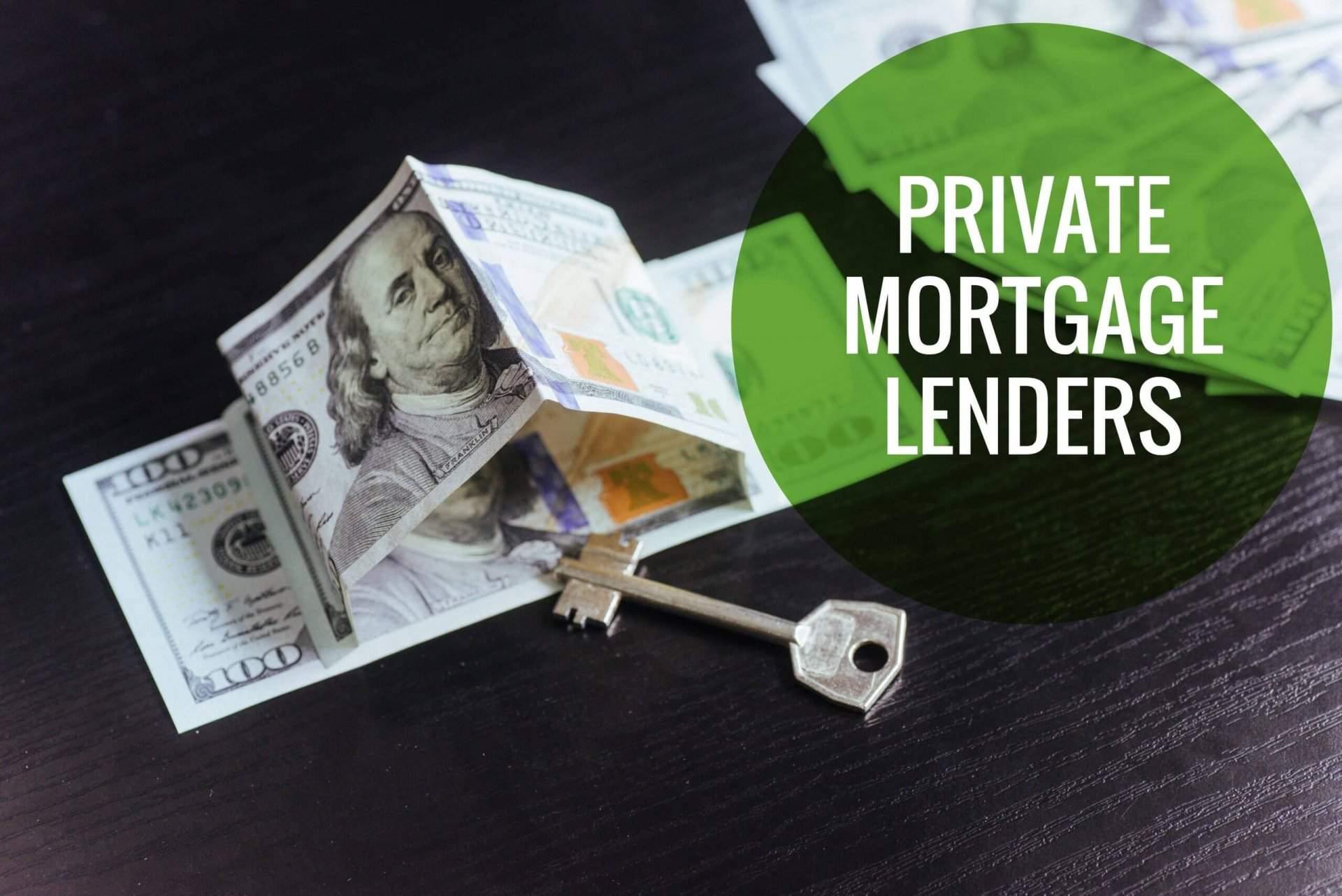Exactly how It Functions: A Comprehensive Overview to Mortgage Lending for First-Time Buyers
Navigating the globe of mortgage lending can be intimidating for newbie customers. Understanding the basic components like principal, passion, and deposits is vital. In addition, recognizing the various types of mortgage financings and the application process can significantly impact one's experience. By checking out vital factors that influence rate of interest, buyers may uncover useful understandings. What else should they take into consideration prior to making such a considerable economic commitment?
Comprehending Mortgage Essentials
When first-time purchasers enter the domain name of homeownership, recognizing mortgage fundamentals comes to be important for making notified decisions. A home loan is basically a funding protected by the home being purchased, allowing people to acquire a home without paying the complete rate upfront. Customers must recognize key elements, including principal, passion, tax obligations, and insurance coverage, usually summarized as PITI. The principal is the amount borrowed, while passion is the price of borrowing that amount, expressed as a percent. Tax obligations and insurance are added prices that can markedly influence month-to-month repayments. Purchasers ought to also consider the loan term, typically 15 or three decades, which impacts repayment amounts and overall interest paid. Recognizing credit history scores is essential, as they affect financing eligibility and rate of interest rates. Realizing these essential ideas empowers new purchasers to navigate the mortgage landscape confidently and make selections that line up with their financial objectives.
Types of Mortgage Loan
When taking into consideration mortgage choices, first-time purchasers frequently run into two key types: fixed-rate and adjustable-rate mortgages. Fixed-rate home loans supply security with regular payments over the lending's term, while adjustable-rate home loans can give lower preliminary prices that may change over time. Comprehending these distinctions is important for making an informed choice.
Fixed-Rate Home mortgages
Fixed-rate home mortgages provide security and predictability for first-time buyers steering the complexities of home financing. With a fixed-rate mortgage, the rate of interest price stays consistent throughout the funding term, generally ranging from 15 to three decades. This consistent rate permits buyers to prepare their budget plans properly, knowing that their regular monthly repayments will certainly not vary. Novice purchasers profit from this framework as it removes unpredictability in long-term financial commitments. Furthermore, fixed-rate home mortgages frequently come with lower preliminary rates compared to adjustable-rate options, making them an appealing option for those seeking to establish home equity in time. Generally, fixed-rate home loans supply a straightforward path to homeownership, perfect for people looking for long-lasting monetary protection.
Adjustable-Rate Mortgages
For first-time homebuyers seeking adaptability, adjustable-rate mortgages (ARMs) can provide an appealing choice to fixed-rate lendings. ARMs generally offer reduced initial rates of interest, making monthly repayments a lot more budget-friendly in the early years. However, these prices change after a preliminary fixed period, which can bring about raised repayments over time. Debtors must understand the index and margin that establish future price adjustments. Generally, ARMs have modification periods of one, 3, or five years, with regular caps to limit just how much rates can increase at each change. While ARMs can be helpful for those planning to offer or refinance prior to the price changes, they also carry threats if market conditions transform significantly. Extensive research is necessary for notified decision-making.
The Mortgage Application Process

Trick Variables Affecting Passion Rates

Deposits and Closing Costs
Comprehending down payments and closing prices is vital for first-time property buyers, as these expenses substantially affect the overall cost of a home mortgage. A deposit is the preliminary quantity paid towards the home's acquisition rate, typically expressed as a percentage. It can range from as low as 3% to 20% or more, depending upon the finance look at this website kind and lender demands. A bigger down settlement can lower month-to-month mortgage settlements and remove exclusive mortgage insurance (PMI), which safeguards loan providers in situation of default.Closing expenses, on the other hand, encompass various fees sustained throughout the home-buying procedure. These might include finance source costs, assessment charges, title insurance, and lawyer costs, usually totaling 2% to 5% of the home's acquisition cost. Newbie purchasers ought to budget plan for both down repayments and closing costs to guarantee they can safeguard their mortgage and efficiently navigate the home-buying process.
Tips for First-Time Homebuyers
What important suggestions can first-time buyers follow to navigate the often difficult process of purchasing a home? Initially, setting a reasonable budget is essential. Purchasers should examine their monetary scenario, including revenue, costs, and potential mortgage settlements. Next, getting pre-approval for a home mortgage can offer clarity on what one can pay for and reinforce their position when check over here making an offer.Researching areas is similarly important; customers ought to consider variables such as facilities, schools, and future advancements. Additionally, it is a good idea to deal with a qualified property agent who can supply valuable understandings and advice throughout the purchasing process.Home examinations ought to not be forgotten, as they can uncover covert concerns that might affect long-lasting contentment. Finally, purchasers must remain individual and adaptable, comprehending that discovering the appropriate home may take some time. By adhering to these suggestions, novice homebuyers can approach the market with confidence and knowledge.
Regularly Asked Concerns
What Papers Are Required for Mortgage Pre-Approval?
For mortgage pre-approval, individuals generally need to offer earnings verification, employment history, credit scores records, tax obligation returns, bank statements, and details of any type of financial obligations (Private Mortgage Lenders Savannah GA). These papers aid lending institutions assess financial capability and figure out loan eligibility
Can I Get a Mortgage With Bad Credit Score?

Lots of lending institutions think about applicants with poor credit score, though terms might differ. Higher rates of interest or bigger deposits could be required. Discovering options with specialized lending institutions or federal government programs can additionally improve chances for approval.
For how long Does the Mortgage Approval Process Take?
The mortgage authorization process generally takes in between 30 to 45 days. Aspects influencing this timeline consist of the loan provider's effectiveness, the borrower's financial documentation, and the complexity of the loan application. Hold-ups may take place because of additional requirements.
What Takes place if I Miss a Home Loan Payment?
If a home mortgage repayment is missed, late fees might be incurred, and credit history can experience. Long term non-payment might cause foreclosure process, triggering the lending institution to reclaim the home after a collection of warnings.
Can I Re-finance My Mortgage Later On?
Refinancing a mortgage later on is often possible, enabling home owners to adjust their loan terms, rates of interest, or monthly payments. Nevertheless, qualification depends on credit history scores, present market problems, and the existing mortgage's terms. Private Mortgage Lenders Savannah GA.